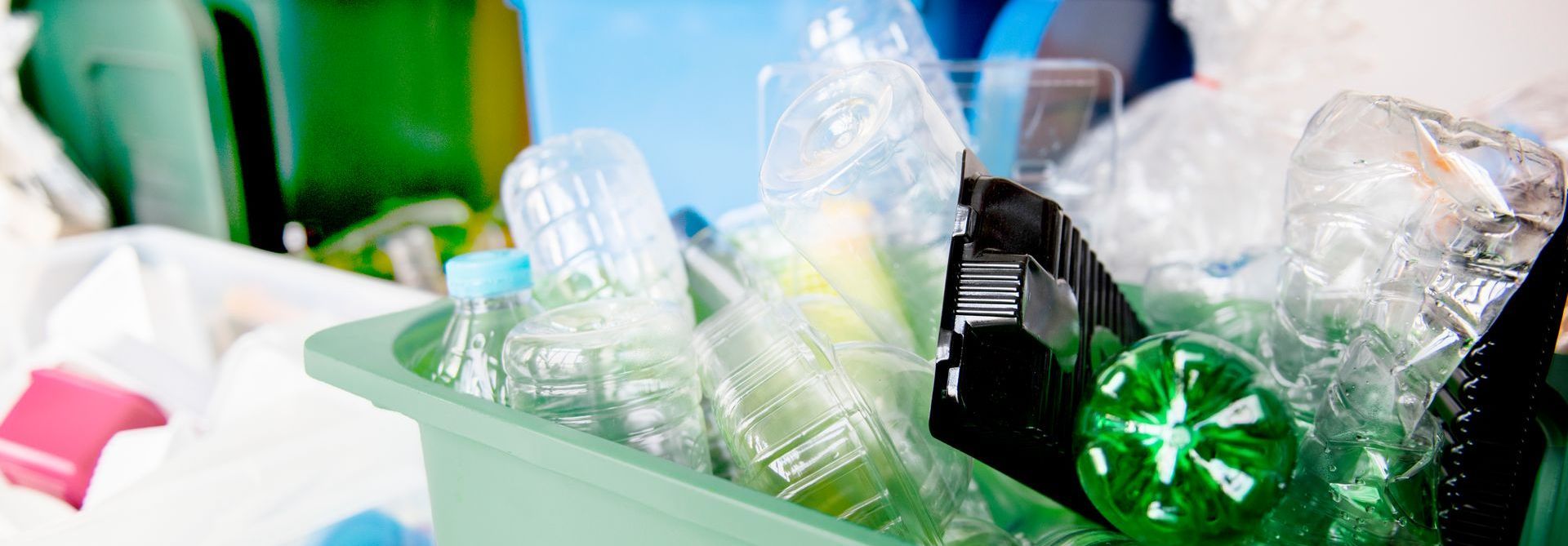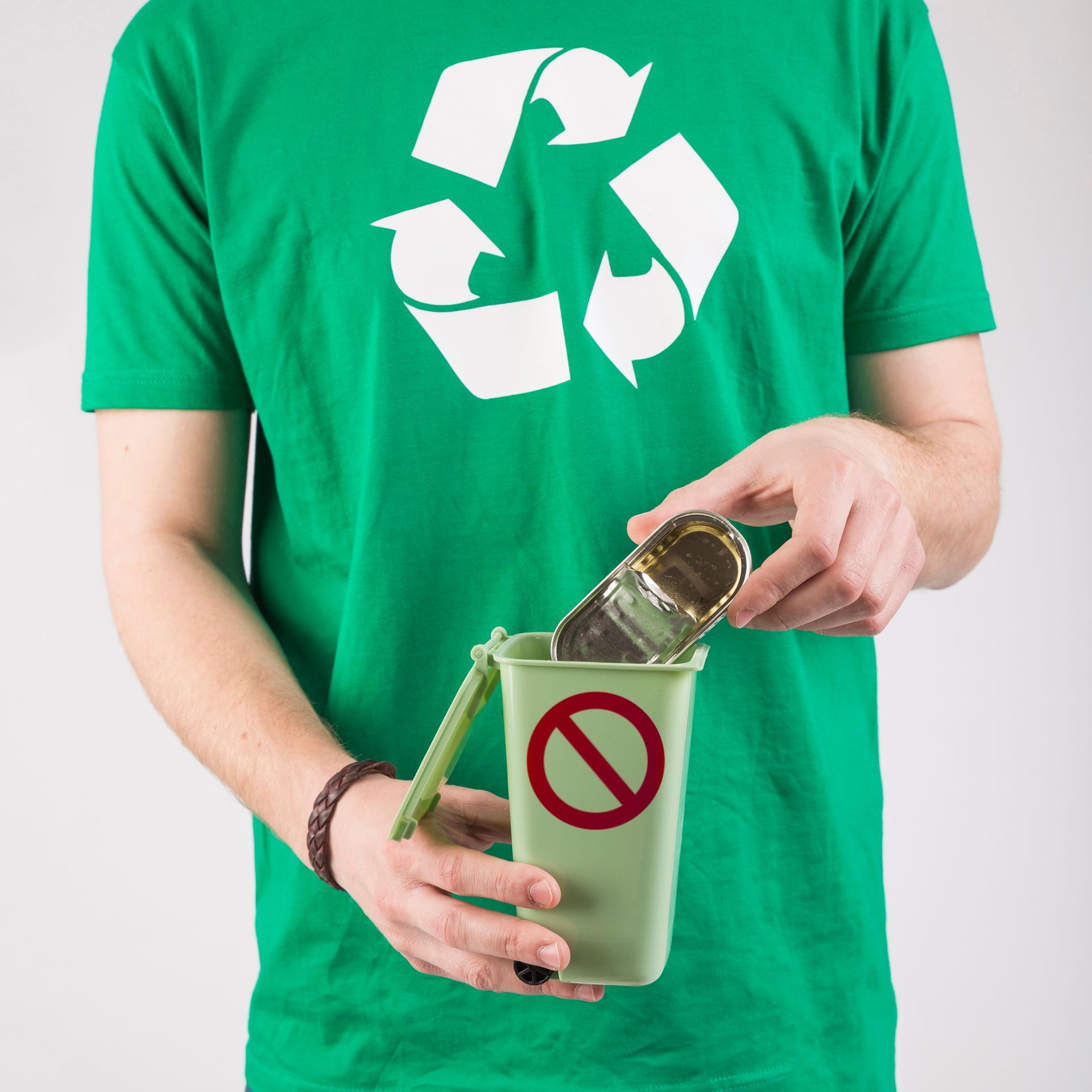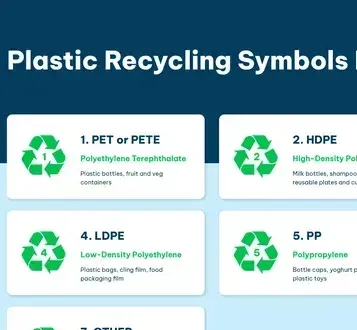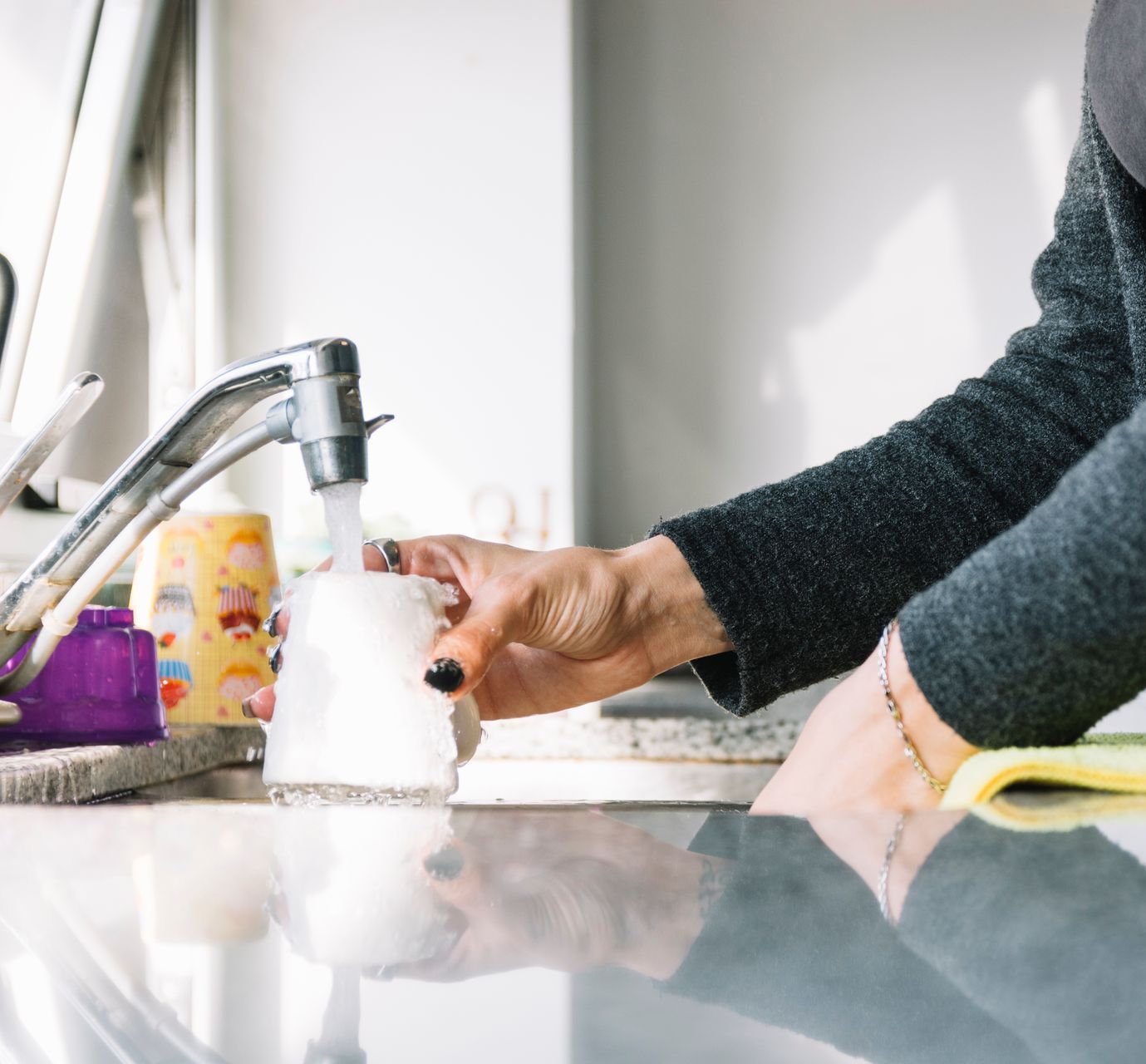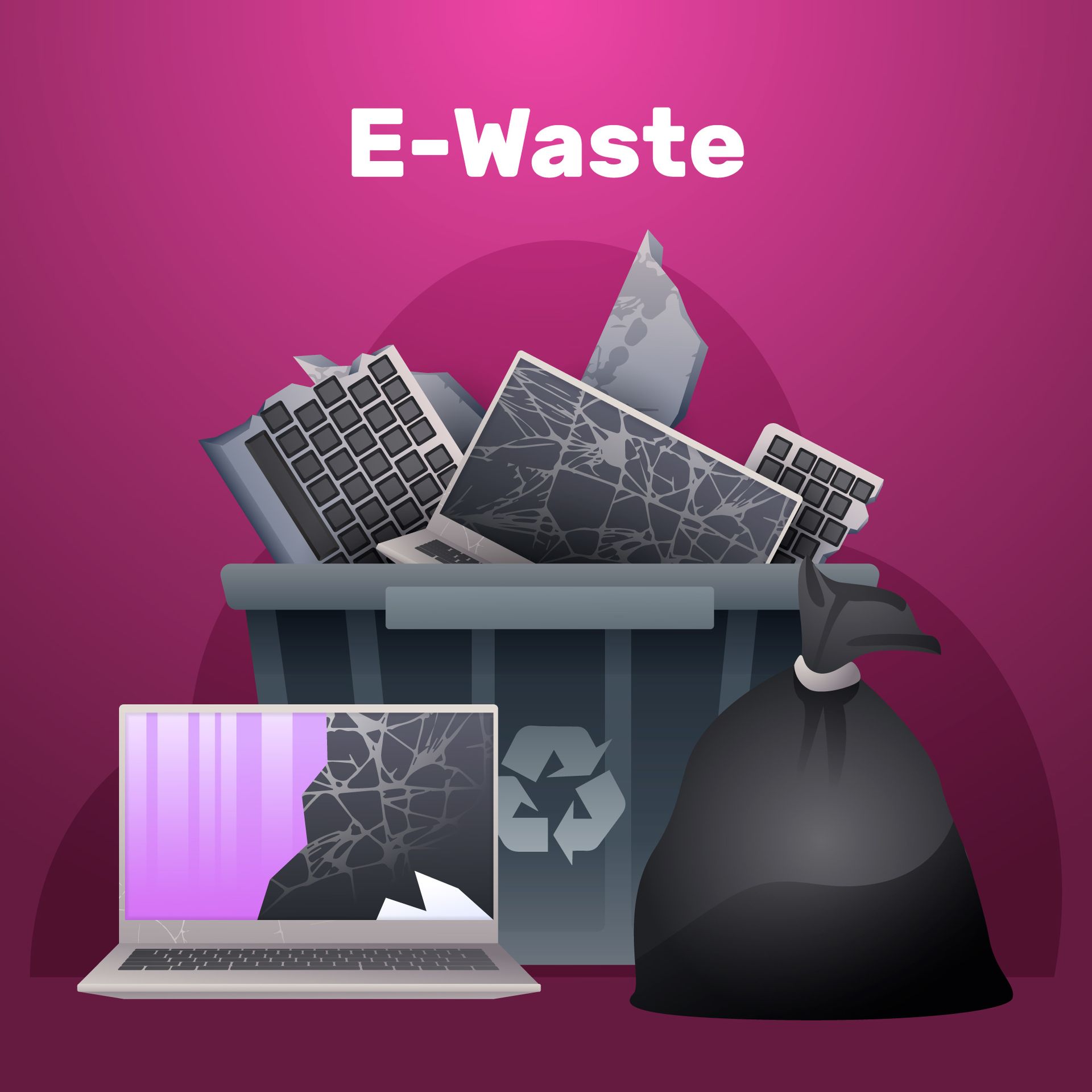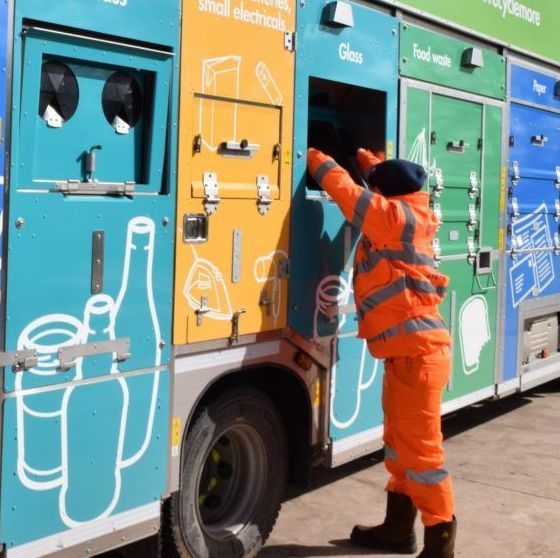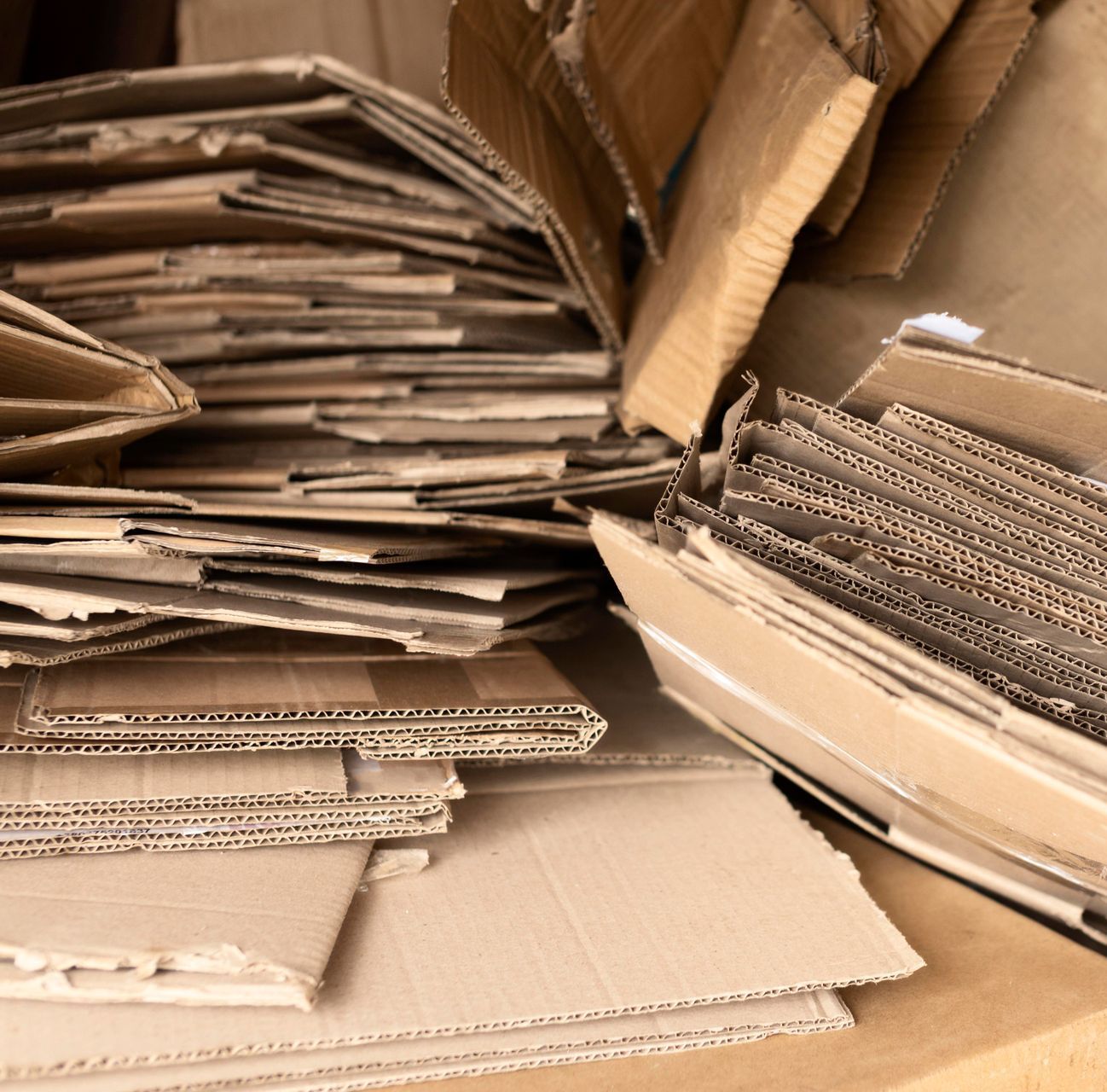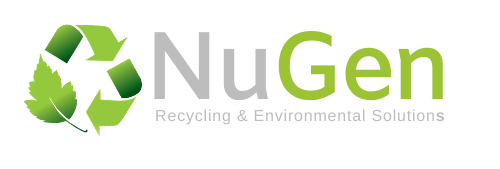1. Wishcycling: Tossing Non-Recyclables in Hope
Have you ever thought, “Surely, they can recycle this somehow!” and tossed a questionable item into the recycling bin? That’s called wishcycling, and it’s a big problem. Items like greasy pizza boxes, plastic bags, and Styrofoam often contaminate entire batches of recycling.
How to avoid it:
When in doubt, leave it out. If you’re unsure about an item, check your local recycling guidelines. Remember, quality is more important than quantity when it comes to recycling.



